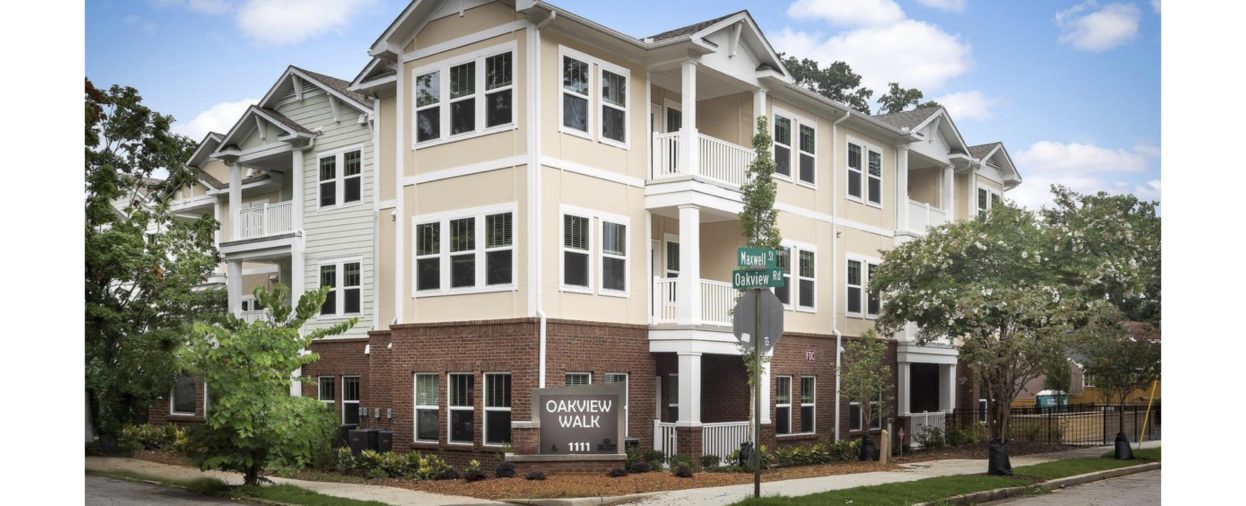
I am disappointed to hear the wild doomsday predictions and mischaracterizations from some of our Greenwich elected officials regarding Connecticut Senate Bill 1024 (specifically First Selectman Camillo, Rep. Fiorello, and Rep. Arora). This bill, which addresses our state-wide housing and affordability crisis, will not upend our town’s character. Rather, it will nudge Greenwich to do what we claim in our own Plan of Conservation and Development (“POCD”) that we WANT to do: offer more diverse and affordable housing. In fact, this bill will nudge Greenwich back toward the policies that it used to embrace and that created our vibrant town. It will allow people like my older friends, who have lived in Greenwich for decades, to downsize and still stay in town. It will allow my adult kids to think about returning to live in their hometown. The common-sense policies in the bill would enhance property values, protect the environment, make Connecticut towns competitive with other forward-looking towns, bring vibrancy to our downtown, and bring new tax-paying residents.
Our POCD says that Greenwich wants more affordable and diverse housing. What Greenwich actually has been doing is reducing the amount of housing, especially moderate and affordable housing. In 2017 Greenwich cut in half the land available for multi-family housing, vastly reducing the area around downtown Greenwich and Putnam Avenue on which 4-unit housing could be built.That occurred after the population of downtown Greenwich had already declined by HALF between 1960 to 2010. Let me repeat that: the population of downtown Greenwich declined by half between 1960 and 2010.
Today, Milbank Avenue — an area downtown that used to be filled with moderate-income and multi-family housing — is full of 4000-square-foot-homes that cost several million dollars. Those massive homes — in prime real estate close to transportation and shopping that used to be workforce housing — are populated by wealthy retirees and empty nesters.
In 2019 Planning and Zoning enacted a moratorium on our moderate-income housing program, and that moratorium continues today.
Not only have the zoning policies become more restrictive, but our P&Z has applied long-standing policies so restrictively as to thwart nearly every multi-family and affordable housing proposal that has come before it. We should not lay this entirely at the feet of P&Z: they are responding to the automatic public outcry every time there is a new multi-family/affordable housing proposal. We need our local officials to build public support for the housing policy in our POCD; in fact, building that public support is one of the main pillars identified by our Affordable Housing Task Force recommendations as being necessary to achieve the town’s stated goals.
One popular argument to deny multi-family housing is “character.” That term has too often been used to categorize the kind of people living in housing rather than the form of the housing. The new term to deny approval for multi-family housing is “architectural consistency.” Have you driven down Millbank Avenue recently? These massive buildings range from modern boxes to cookie-cutter McMansions.
The argument that towns like Darien, New Canaan, Westport and Greenwich are making against the proposed state statute is one of “local control.” The “local control” argument says, “Trust us. Trust us to do our part to provide the variety of housing our state needs to thrive.
What our actions have said is, “we want other towns to house the people that we need to keep our town and our state healthy.”
Until all of our towns show by their actions that they are responsible contributors toward the housing our state needs, we need the state to provide leadership to nudge all of us to a cohesive and broad-based solution.
Mareta Hamre
Got Something to Say?